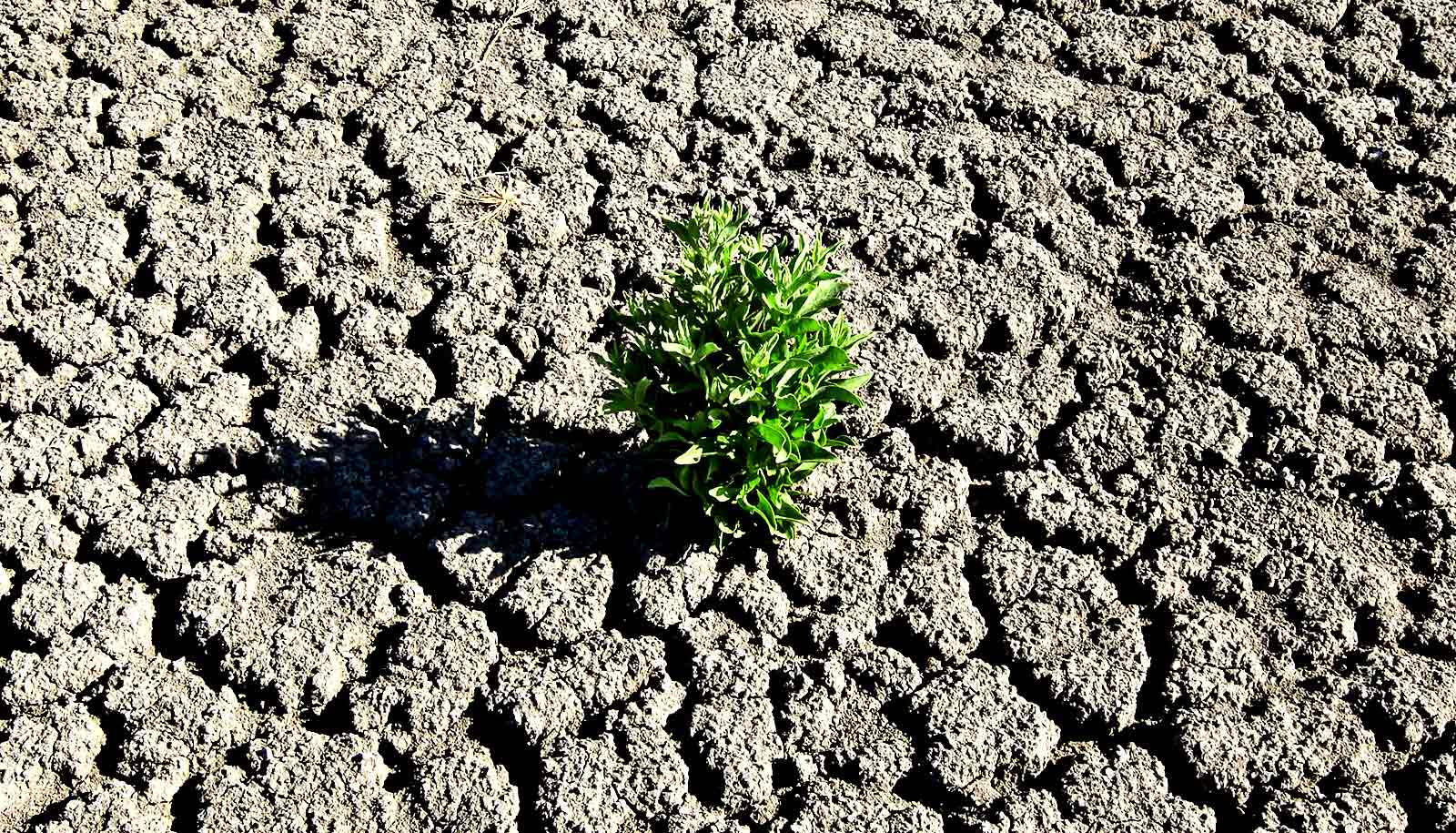Across Texas, temperatures averaged 5 to 9 degrees above normal last month, making it the warmest December in more than 130 years.
It’s the state’s warmest December on record since 1889, says John Nielsen-Gammon, a regents professor of atmospheric sciences at Texas A&M University who also serves as the state climatologist.
“It’s like the entire state moved south for the winter,” says Nielsen-Gammon. “Amarillo got Dallas’s normal temperatures, Dallas got Corpus Christi’s normal temperatures, and Austin got Brownsville’s normal temperatures.
“Not only is it by far the warmest December since the beginning of comprehensive weather records, it will probably also turn out to be the warmest winter month, period,” says Nielsen-Gammon.
February 2017 holds the current record for warmest winter month in Texas, with an average temperature of 58.4 degrees.
The official state record for warmest December is held by December 1933, at 53.3 degrees. The 20th-century average for December is 46.9 degrees, he notes.
“Texas has never had any month more than 10 degrees above the 20th-century average until now,” Nielsen-Gammon says.
He thinks that when all the data are in, December 2021 will average nearly 12 degrees above the long-term average.
Although data are limited, there does seem to have been one other December in recorded history with comparable warmth: December 1889.
“Observing practices were different, but it’s clear that December 1889 was an unusual month also,” Nielsen-Gammon says. “The first decent cold front of that month was on December 29.”
One bad result of the very warm weather—it has made Texas’ drought situation even worse.
The hot weather has exacerbated drought conditions throughout the state. According to the US Drought Monitor, more than two-thirds of the state is in drought, and 10% is in extreme drought.
“In much of West Texas, it hasn’t rained for over two months,” Nielsen-Gammon says. “The high temperatures increase the rate of evaporation, drying out everything and leading to increased wildfire risk.”
Climate change has caused Texas seasonal temperatures to average about two degrees warmer than in the 20th century.
“Global warming didn’t cause this December to be record-setting, but it did contribute to the margin of victory,” he says.
Source: Texas A&M University



